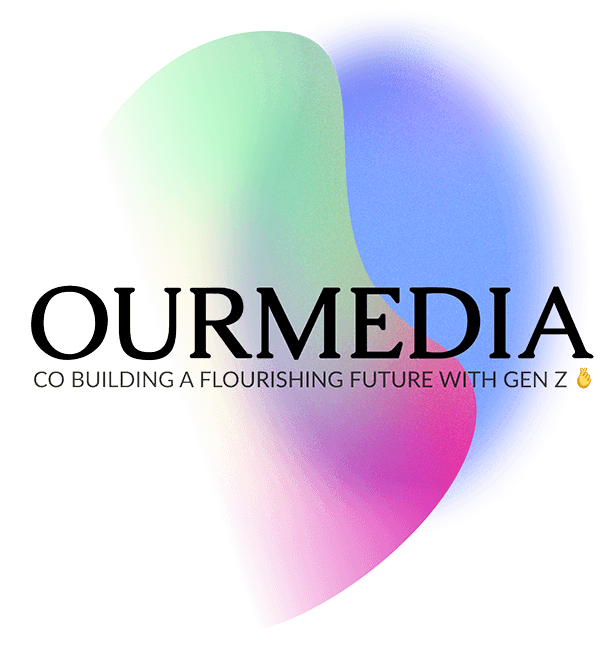In today’s rapidly shifting technological landscape, students are not just passive recipients of change—they are active participants, shapers, and questioners. Through our workshops, panels, and interviews, we’ve heard directly from community college students as they explore the role AI will play in their education and careers. Their reflections offer a clear call to action for institutions and educators: equip students not just with tools, but with the confidence and frameworks to navigate AI critically and creatively.
AI as a Learning Partner, Not a Shortcut
Many students described AI as a supportive, empowering companion—one that enables deeper learning and independence rather than replacing the learning process.
“AI isn’t a shortcut; it’s a scaffold… We’re not trying to outsource our brains; we’re trying to augment them.”
Students shared stories of using AI to:
- Build technical systems like QR code generators or autonomous vehicles.
- Break down complex concepts in math and science.
- Create personalized study plans from syllabi or restructure project timelines.
Ethical Use and the Need for Institutional Support
Despite enthusiasm, students feel uncertain about what’s considered ethical use of AI in academic settings. Repeatedly, they asked for schools to move beyond warnings and provide hands-on guidance.
“We want professors to teach us how to use AI ethically—not just to warn us away from it.”
Key requests from students include:
- In-class demonstrations of AI tools.
- Clear guidelines on what is considered acceptable use.
- Opportunities to use AI in real assignments, with structured feedback.
They also called for more access—to both AI tools and the digital infrastructure needed to use them—and mentorship on evaluating AI outputs and asking better questions.
Career Readiness in an AI-Powered World
As students begin preparing for internships and jobs, they’re testing how AI fits into the job search process. Students recognize the uncertainty that AI introduces to their job searching process, and want to prepare to be both AI literate and equipped with experience using specific AI tools in the job search process.
Students are eager to learn skills like:
- Prompt writing and customization.
- Understanding how AI affects job visibility.
- Recognizing which tasks AI can take on—and where human insight is still essential.
Across the board, students were interested in real-world case studies, peer learning groups, and mentorship as top forms of support for building AI-related career skills.
The First Job: AI as Teammate and Tool
Once on the job, students see AI as part of the team—but they know it comes with new responsibilities. They want clarity on where AI begins and ends in their work.
“Being a good teammate means knowing when to double-check AI and when to trust it.”
They expressed a need for:
- Tools to keep AI use transparent (e.g., saving chats, citing sources).
- Training in collaborative skills that blend human and AI interaction.
- Encouragement to ask clarifying questions—without fear of judgment.
Where Do We Go From Here?
The students we spoke to are not asking for less AI. They’re asking for more support, more conversation, and more structure around how to use AI wisely and effectively. They want to be equipped—not just technically, but ethically and creatively—to thrive in a future where AI is everywhere.
It’s up to educators, administrators, and workforce leaders to listen to that call.

